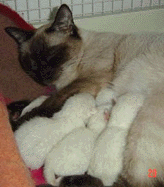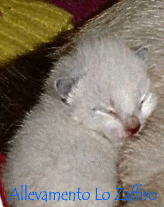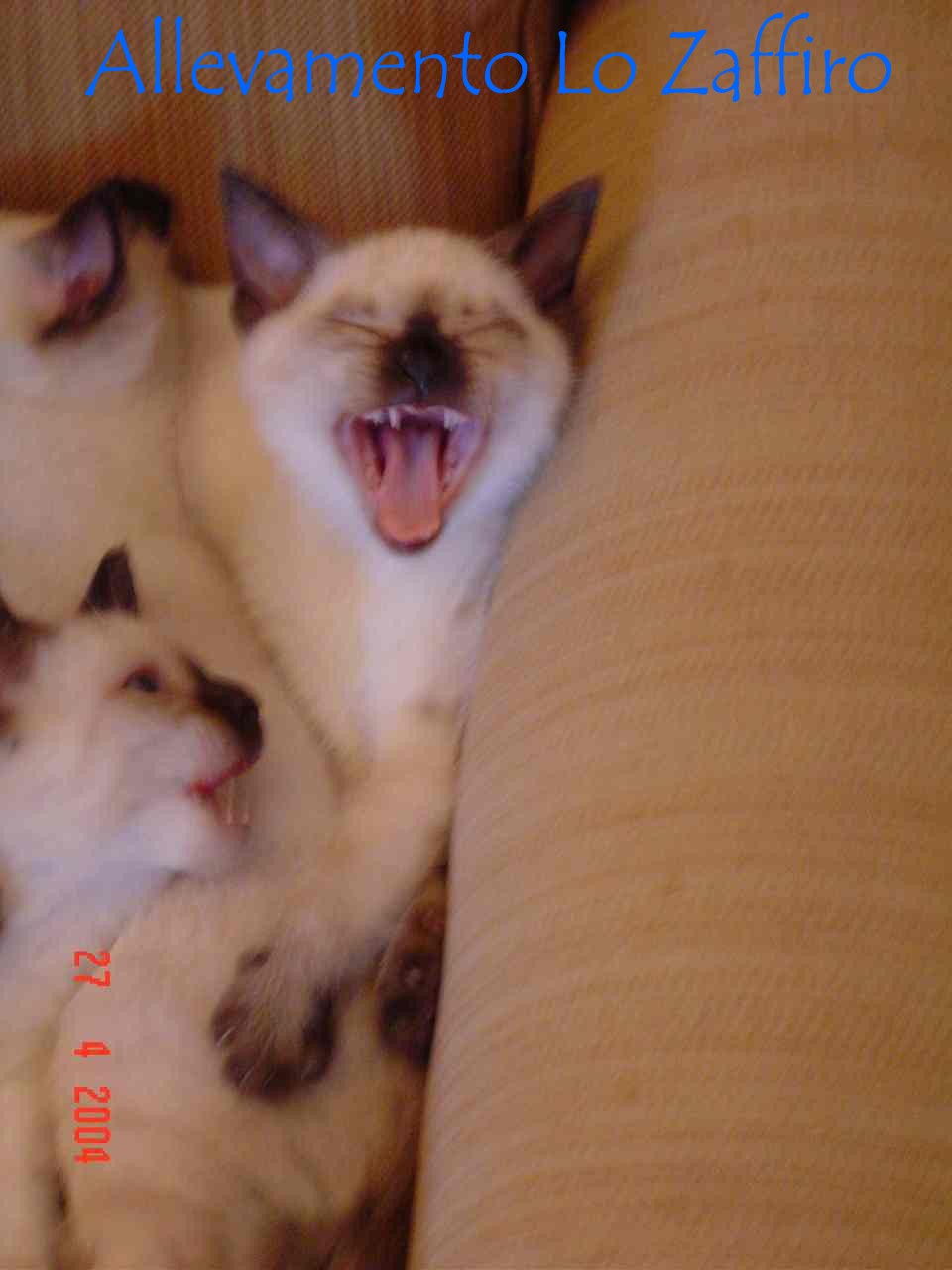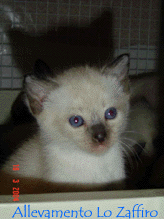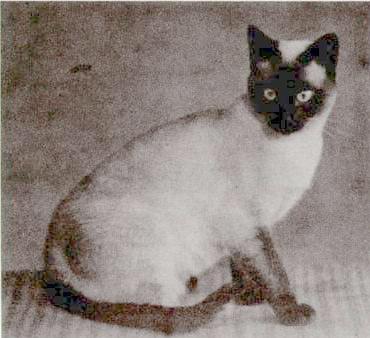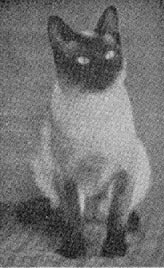Thai’ s Health & Care
The most important thing is the care of the our cat’s health, making attention of its humor, to each symptom, that could help us to prevent many problems or to take care of them of our small friend , just in time! Here below there are some interesting information, from the physiologic data, to the most common feline pathologies with the relative vaccinations.
The physiological data:
SEXUAL MATURITY OF THE MALE: 6 – 8 months
SEXUAL MATURITY OF THE FEMALE: 6 – 8 months
FIRST LITTER OF THE FEMALE: not before 12 months
DURATION OF THE GESTATION: 63 – 65 days, until 70 days
MEDIUM NUMBER OF THE KITTEN: 3
MEDIUM WEIGHT AT THE BIRTH: 70-130 grams
BEGINNING OF THE WEANING: 25 – 30 days
ENDS OF THE WEANING: 90 days
MEDIUM LONGEVITY: 16 – 19 years
NORMAL TEMPERATURE OF THE BODY: 38 – 38,5 °C
CARDIAC PULSATIONS / MINUTE: 110 – 140 (adult cat)
RESPIRATORY FREQUENCY / MINUTE: 20 – 40 respiratory actions
VACCINATIONS :
Recalls must be repeated every year.
General info on Vaccinations:
INFECTIOUS RINOTRACHEITE: Is an infectious disease caused by an herpesvirus. The symptoms are: rhinitis, conjunctivitis, inflammation of the tongue and at the neck’s lymph node. Usually it hits adult cats , so is resolved in approximately 10 days. It can have some complications as chronical pneumonias or bronchitises and corneal ulcera. If it hits kittens it can be lethal. The kitten has to be vaccinated at two months old approximately, followed from a recall after 2 – 3 weeks and repeated every year once.
PANLEUCOPENIA ALSO KNOWN AS “CAT’S TYPHUS “: This is one infectious disease much contagious characterized by depression, gastroenteritis and leukopenia. It was calculated that the 80% of the cats littler than six months old and 20% of adults become ill to die. The only weapon we have against this disease is the vaccination .The kitten has to be vaccinated at two months old approximately, followed from a recall after 2 – 3 weeks and repeated every year once.
CHLAMYDIOSIS: This is one contagious disease supported bt a bacterium: chlamydia. The symptoms are little characteristic: fever, lack of appetite, conjunctivitis, cough, sneezing, serious weakening. In some cases the Chlamydiosis can be transmitted at man and he manifests it with one strong conjunctivitis .Also for this disease is available a vaccination to give annually.
CALICIVIRUS: The disease is caused by a most contagious virus for the cats. The symptoms are: fever, conjunctivitis ,pneumonia . The cats apparently recovered remain contagious for beyond a month. The cat’s infections by calicivirus are not controllable and curable for its extreme contagiousness and the ineffectivness of therapies. Within feline colonies thanks to the presence of healthy bearers the infection remains active for a long times. The only weapon we have against this disease is the annual vaccination.
FELINE LEUKAEMIA: The feline Leukaemia virus determines a debilitating chronic disease, characterized by tumors, anemia, enteritis, weakness of the immune system. The disease manifests itself with loss of weight, weakness, vomit, diarrhoea, ulcerations of the mouth and the skin. The greater part of the hit cats dies in two years. The therapy is impossible .The only therapy is the vaccination executed annually on the subjects in danger of contagious.
ANGER: And now to the more frightening disease for cat and its owner because it has fatal outcome. The virus of the anger is transmitted with spittle of infects animals, that penetrates into the body through the wounds causes by bites and scratches. The anger manifests itself with initial modifications of the normal behavior of the cat that becomes “strange”: lonly or wandering, insensitive to the calls, aggressive and mordacious. To this phase of anger called “furious” can follow a progressive paralysis that bring to death the cat. Considering the risk for the public health and considering the unavoidable mortal outcome , the only solution remains the vaccination. The kitten has to be vaccinated , followed from a recall once a year. The antirabic vaccination is obligatory for law and it has to be done at least 30 days before and no more than 1 year in the following cases: stay in the regions of border, travels in foreign country, travels in the islands, participation to feline expositions.


